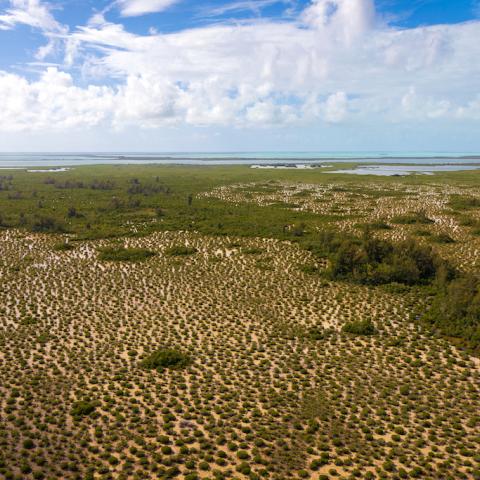Federal wildlife officials announced this past week that 22 animals and one plant should be declared extinct and removed from the endangered species list. Though searched for and sought after for years, many of these species, some experts say, were probably already extinct or extremely close to extinction when the Endangered Species Act was passed in 1973. And though it’s too late to save the 11 birds, eight freshwater mussels, two fish and one bat now classified as extinct, much work is being done to save other species on the very brink,
